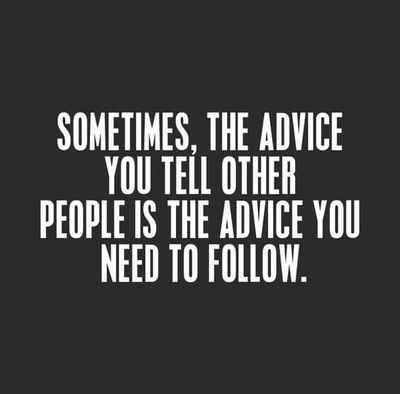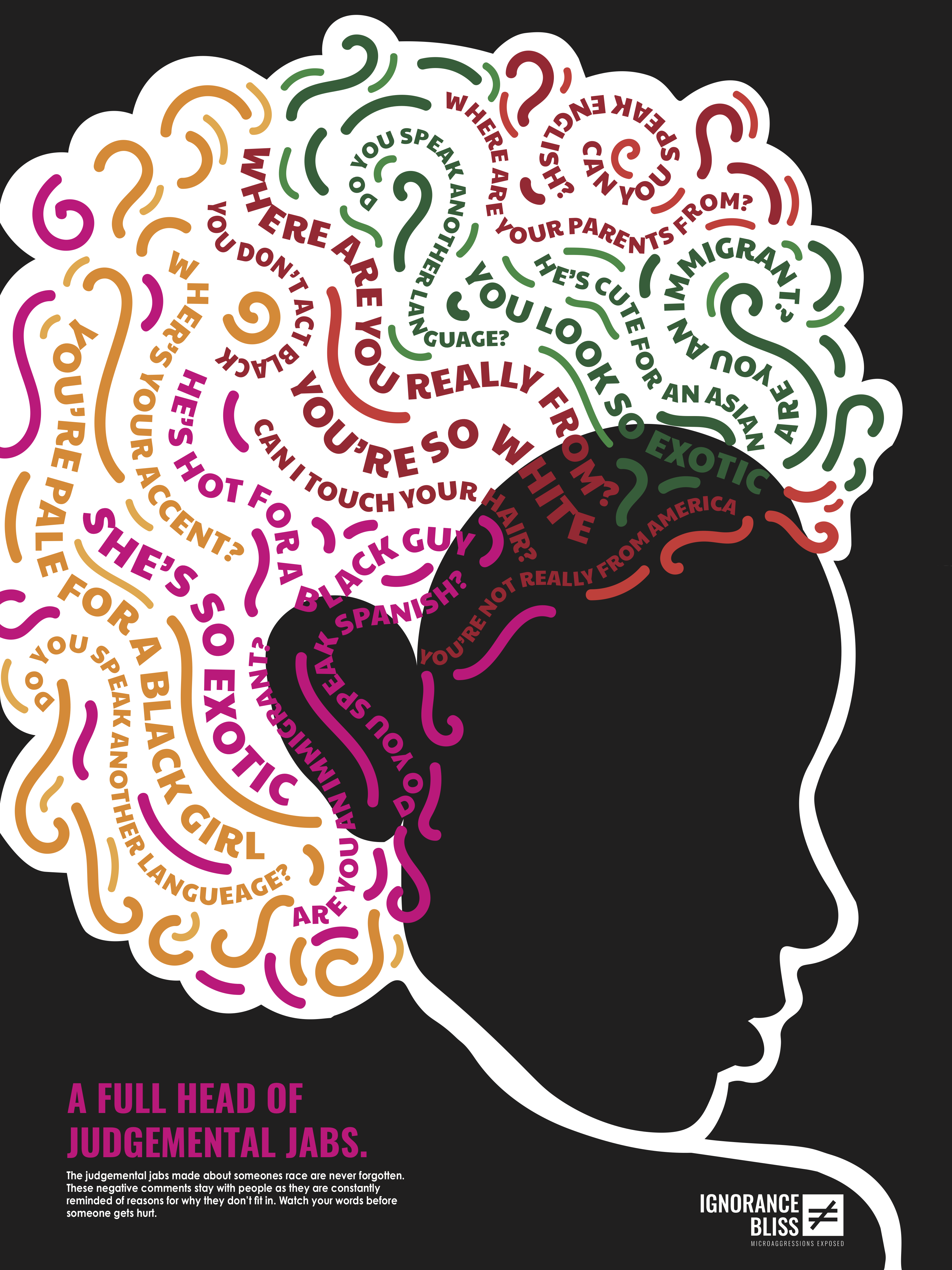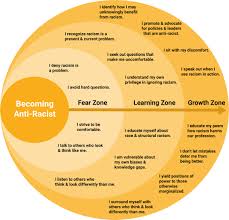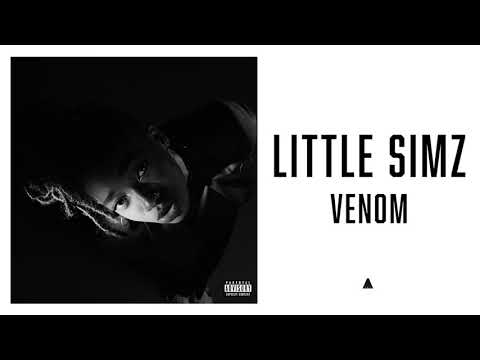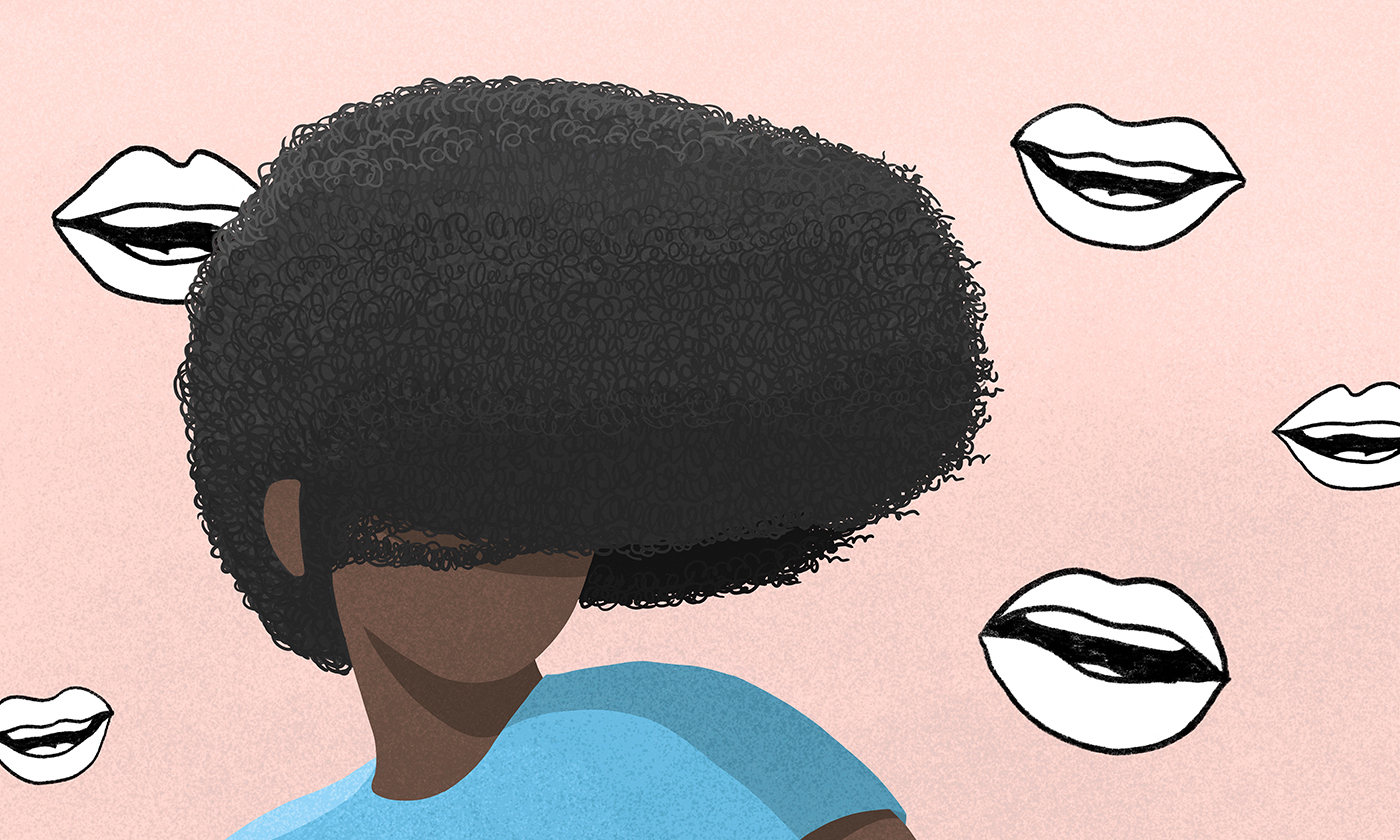Credit: Pixabay
By Fatoumata Drammeh
2020 was a monumental and chaotic year that then bled into 2021. Looking back every month brought on a new issue or twist the world didn’t see coming. From Covid, politics, and social issues to celebrity deaths, crazy insects, and scientific discoveries it was hectic.
Yet with everyone being inside more it seemed as if time slowed down a bit in this busy world. This gave people a chance to sit back, inspect and observe the social climate of their homes and places beyond. Which led to balancing a year of dread with a great amount of progress. One of the biggest highlights of this pandemic is the rise in activism triggered everywhere. Considering this was a year and a half of self-reflection for society, many individuals became aware of deep-rooted issues that never went away but continued to persist.
I think many would agree this big spark of activism in 2020 started after Darnella Frazier, who recently won a Pulitzer Prize for her courageous actions, managed to capture the gruesome murder of George Floyd and spread the truth for the world to see. Then the Black Lives Matter movement gained much more support and traction especially from younger folks not only in the country but across the world. Protests occurred everywhere reaching places as far as South Korea and Palestine. This spark paved the way for other movements to either bloom or gain attention as well. From #NoMoreStolenSisters, #AbolishIce, #ProtectAsianLives, #FreePalestine, and movements to highlight femicide and raise awareness about things like Ableism and sexual assault a lot of important issues were being highlighted and finally given the attention they deserved.
Credit: Pixabay
Allyship and unity were strong, and remain one of the main themes we can look back on. While there is so much love and appreciation for allies and their solidarity, much more needs to be done. We need to step back and reflect on what allyship has become or looked like over these past two years, and how it can be improved or changed. Spoiler alert—it has nothing to do with how much money you donate or anything like that, but rather more to do with sincerity and consistency.
All across social media platforms, many influencers and individuals took the chance to express their solidarity in light of the many issues that have been highlighted throughout the year. On TikTok, for example, there was a trend used by a lot of famous Tiktokers using Macklemore’s song “Same Love” to show solidarity with the Black Lives Matter movement. Many users spoke up about George Floyd and attempted to spread awareness about police brutality throughout the year and as time passed and more movements gained traction and many trends and TikTok was made to show solidarity and support. However, a lot of this activism would later be shown to be performative as they would stop speaking on issues once they weren’t trending anymore. Also, a lot of TikTok activists and allies might either be exposed for their racism, react in a very microaggressive manner when people affected by these issues would critique their activism, or they would be found defending, enabling or dating racists. This came across as being very ironic considering that they would build their brands and platforms on the idea of being compassionate allies, but would then become (or support) someone whose behavior goes against everything they supposedly stood for.
This performative behavior was not only seen on TikTok, but is something that has been noticed with celebrities, within major corporations, and on the sets of popular TV shows. For example, Billie Ellish, a young singer who swept five Grammys in one night, has passionately spoken up in solidarity with Black Lives Matter, been an ally to the queer community, and has always preached about body positivity. She then began dating a racist homophobe who has made fat-shaming tweets and now Billie has also been accused of queer baiting. She still hasn’t addressed these issues which left many of her fans upset. Lea Michelle, known for her role on the hit show Glee, spoke up in solidarity earlier with the Black Lives Matter movement, only to be exposed by her co-star Samantha Ware for acts of racism and microaggressions on set which the actor later apologized for after being called out.
These two are just a few of the celebrities that have been with shows and sets where black actors have been mistreated. Like Boy meets World, where the core cast (except for Rider Strong, who played Shawn Hunter) was cold and microaggressive towards the only main black character (“Angela” the love interest of Shawn) who was played by Trina McGee. Beyond mistreatment from the cast, Trina allegedly wasn’t invited to participate as much as the others. She also had to do her own hair on set, because capable hairstylists just weren’t provided, or even taken into consideration. This is something that other black female actors have experienced, from Kat Graham to Monique Coleman.
Grand Army, a show on Netflix that has been a hit among teens, ostensibly follows “the story of five high school students as they struggle with sexual, racial and economic politics and fight to succeed and become somebody” (Netflix). Where Black Lives Matter and racism is addressed, it was startling when playwright and screenwriter Ming Peiffer revealed that she “and the 3 writers of color who worked on the show quit, due to racist exploitation and abuse.” (Cosmopolitan.com). Interestingly, these platforms and directors have no issue using racism for a storyline, while ignoring it while it’s going on within the very shows they produce. This is baffling and something that needs to be worked on.
However, such issues do not not just apply to big film and TV shows or celebrities . This is something that applies to us normal, common people as well. Thus people feel compelled to ask politicians, leaders, and celebrities to speak up, to push for change or to critique them for their lack of effort, or their wrongdoings. My peers along with other online users have done this as well which is, of course, a great thing. Furthermore, In-class behind computer screens when talking about these topics and issues they tend to express their disgust and their urge to want to change things for the better. Sometimes it truly feels like they understand what needs to be done with the way they talk in class or present themselves online.
I recall seeing a video stating a lot of individuals’ personas and conversations that are presented online don’t exist outside social media or whatever platform they are using— be it online school classes, or an Instagram story. It is sad to say this is proving to be true. A lot of people believe that posting a square, an infographic, or saying the right thing in a post is enough. Or maybe they know it isn’t enough, but this is what they choose to do to feel better. It’s a great start for sure, and very helpful when it comes to spreading awareness. But while calling out leaders and demanding change, these people also need to hold themselves accountable and take action locally when given the chance to do so.
Similarly, those TikTok activists who refused to notice their own hidden racism, and continued to exhibit microaggressions, didn’t take too well to any criticism simply because they believe being “an ally” means they’re above it all.
Some of the same people who are so active speaking about racism and other issues in their online posts are also some of the same people whose words and allyship online or in the classroom don’t match their actions. Some of the people who claim they want to change the system can’t even change their own friend group, and continue to defend and excuse the racism their friends exhibit. These people who may come off as amazing activists, but then have partners who are racist and homophobic are also a part of the problem. This was exemplified perfectly by a trend on TikTok using this song called “Venom” by the Afro-British artist Little Simz, in which individuals would ironically use the sound to brag about how they are in a relationship with grown people who are racist, homophobic, or sexist … but it’s okay because they are tolerating and teaching them not to be, or are calling them out.
People are so ready to call out politicians or kids from other schools miles away for their terrible actions (or lack of action). But as observed here, some of these are the same people who are silent or don’t take action at all when things are happening right in front of them. This is because activism is only convenient for some when it doesn’t require direct effort. They post the slogan “Black Lives Matter” and how they want to do more … but when given the chance to take action within their own schools to make it safer for minorities who are being harassed by a racist individual they are silent.
These people have no issue using racism for clicks on their Snap story, or as a way to harass a person they don’t like. But when asked to take actual action with the administration that could greatly benefit the communities affected, they are suddenly “busy” or don’t care. If your activism only exists online, or to look good on a college essay, or in front of your peers, your activism is conditional, and ultimately unhelpful.
What is your activism then? What does it do? How does it help? You want to change the way things are but you can’t even change your friend group that is filled with racists? You want to change things, but only when it’s at a school many states away but not at your own? Do you call out everyone, yet indulge in the same actions you look down on other people for? It’s painful to find out people aren’t who they say they are, and instead that they are exploiting this rise in public activism to appear as “good.”
I know it hurts many minorities and struggling communities when people who present themselves as “allies” actually have a whole other face once the zoom is over, or when something isn’t trendy anymore. A lot of allyship has been sincere, but a lot of it has also been performative and hypocritical—and that’s the issue.
